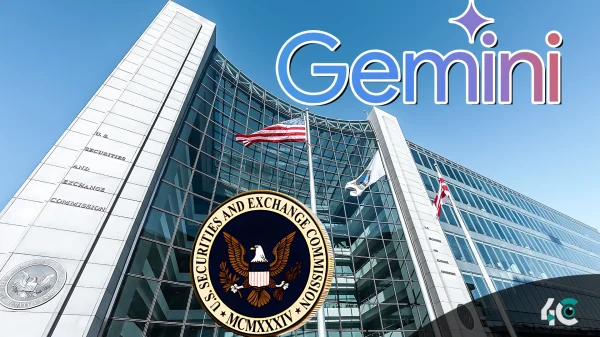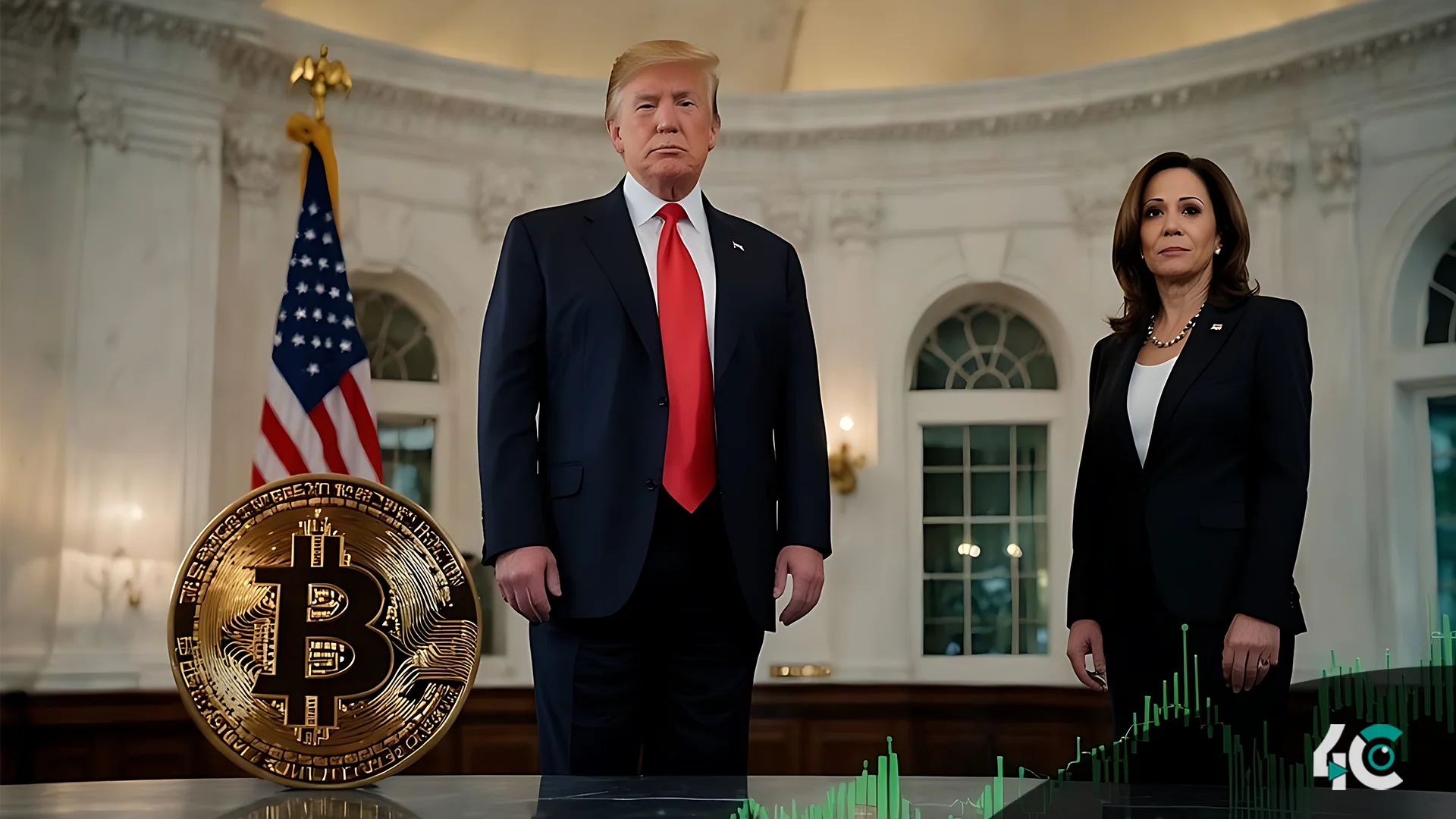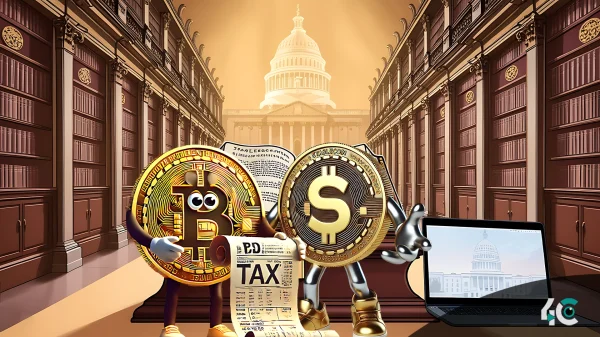Former President Donald Trump has led well ahead of Vice President Kamala Harris in distributed prediction markets as the U.S. presidential election looms. BlackRock CEO Larry Fink, on the other hand, believes that the result of the election could not be very important for determining the course of Bitcoin.
Trump’s chances of winning the election exceeded Harris’ by 13 points as of mid-October, indicating a turn of events in his favor. Many people are banking on Trump’s possible triumph, hence this lead keeps increasing. Notwithstanding this, Fink thinks that the long-term course of Bitcoin will not be determined by the identity of the U.S. president.
Bitcoin’s Future Outside of PoliticsFink underlined in BlackRock’s third-quarter results call that Bitcoin is an asset class functioning apart from political interference. Fink claimed that regardless of Trump’s or Harris’s election success, the worldwide acceptance of Bitcoin stays unchanged. Fink says that rather than who lives in the White House, Bitcoin’s success rests in its liquidity, openness, and accessibility.
Driven by the reality that digital assets are increasingly linked into the worldwide financial system, Fink clarified, “Bitcoin is going to continue growing.” He underlined that as more investors have access to digital assets and as openness of these assets increases, Bitcoin’s growth is unavoidable.
Trump’s open attitude to cryptocurrenciesTrump’s appeal is increased as the community of cryptocurrencies mostly sees him as a more crypto-friendly candidate than Harris. Many think that a Trump administration will encourage blockchain innovation and assist to establish the United States as a leader in bitcoin development by use of creativity.
On the other hand, other investors fear that stricter rules implemented by a Harris government may hinder crypto industry innovation. Fink’s perspective, however, minimizes the possible influence of legislative changes by emphasizing instead the capacity of the market to adapt and flourish depending on liquidity instead of political ambitions.
Rising Predicted MarketsThe excitement over the next American elections has also driven a significant rise in participation in distributed prediction markets. Rising by more than 565%, betting volume in the third quarter of 2024 came to $3.1 billion. With a 99% stake, Polymarket, a well-known prediction tool, controlled the market mostly due to American presidential election wagers.
Fink’s point of view emphasizes that, despite the growing attention on political results, the emergence of Bitcoin is not depending on particular elections or political changes. Rather, the potential of the bitcoin to provide liquidity, openness, and worldwide accessibility will define its destiny more profoundly.
The crypto community may remain split on its favored candidate as the election approaches, but Fink’s stance is unambiguous: Bitcoin’s expansion will keep transcending the political terrain and changing depending on its basic qualities.














































